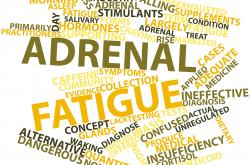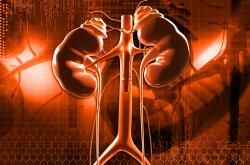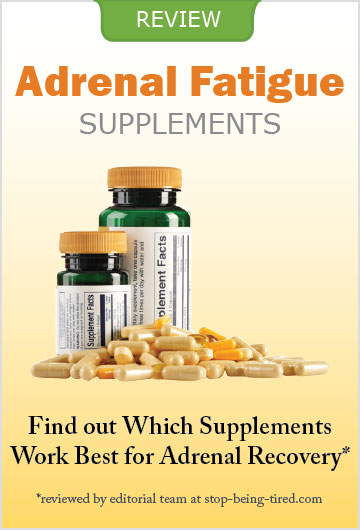What is Adrenal Fatigue?
Adrenal fatigue is a health condition in which the functioning of the adrenal glands is impaired. It is often a result of long-term exposure to stress and can lead to serious medical conditions. Learn how to identify adrenal fatigue and what you can do to recover from this condition.
Telltale Signs of Adrenal Fatigue
Are you feeling tired in the morning? So exhausted that you barely make it through the day? Sleep problems keeping you awake? You could be suffering from adrenal fatigue.
Adrenal fatigue is a syndrome in which the main culprit is typically long-term or intense stress. Common stress inducers include traumatic life events such as death of a loved one, divorce, and job loss. Poor diet, lack of sleep and rest, and too much pressure from work are among other activities that also contribute to stress.
Many people experience adrenal fatigue without knowing it. This is because symptoms of adrenal fatigue are not easily identifiable, making diagnosis difficult. Even so, adrenal fatigue has the potential to cause serious medical conditions.
Impaired Adrenal Function
Adrenal fatigue occurs when severe stress upsets the hormones produced by the adrenal glands.
Adrenal hormones, such as aldosterone and cortisol, are important for maintaining proper functioning of the body.
Aldosterone, for example, regulates potassium and sodium levels in the body, helping control blood pressure.
Cortisol, together with adrenaline and noradrenaline, plays a role in stress response, and helps to keep metabolism, sugar levels, and blood pressure in check.
In case of adrenal fatigue, these hormones stop functioning properly and the result is a host of health problems.
Addison’s Hypoadrenia
When the adrenal glands produce too little amounts of hormones, this leads to a condition known as hypoadrenia.
There are different levels of hypoadrenia, some with more severe symptoms than others.
Addison’s hypoadrenia is the least common, with an occurrence rate of less than 1 percent. Although very rare, Addison’s hypoadrenia is so extreme that it can even lead to death if left untreated.
First described by English physicist and scientist Thomas Addison in 1855, this form of adrenal insufficiency can cause structural and physiological harm to the adrenal glands.
People with Addison’s hypoadrenia are usually prescribed corticosteroids to counter the effects of low cortisol levels on quality of life.
Non-Addison’s Hypoadrenia
Adrenal fatigue is the other term for non-Addison’s hypoadrenia. Unfortunately, it has received little attention from medical practitioners, who tend to dismiss its symptoms as merely psychological or part of the aging process.
While non-Addison’s hypoadrenia is less severe than the Addison type of adrenal impairment, it can significantly affect both your health as well as your daily life.
Early signs of adrenal fatigue include feeling exhausted upon waking, lightheadedness, drowsiness or sleepiness (especially in the afternoon), and an urge to eat sweet and salty food.
Adrenal fatigue also predisposes an individual to arthritis, allergies, low blood pressure, and unstable blood sugar levels. Besides these physiological effects, there are also mental and behavioral changes associated with adrenal fatigue like anxiety, depression, and irritability. Furthermore, people suffering from non-Addison’s hypoadrenia have troubles concentrating and recalling information.
The above symptoms develop over time, and the fact that they may not be present during the onset of the illness contributes to diagnosis and treatment delays.
Prevention and Treatment of Adrenal Fatigue
When you are experiencing adrenal fatigue, you might feel that your situation is hopeless. Luckily, that is not true. Adrenal fatigue can be treated.
Avoiding stressful situations, eating the right foods, and getting enough sleep and rest are some of the ways to minimize the risk of fully blown adrenal fatigue.
If the condition is already present and the adrenals are not working properly, other treatments (such as different supplements) can also be considered.
There are many ways out of adrenal fatigue. The first step is for medicine to acknowledge it as a syndrome on its own, and for people to listen to the warning signs before they lead to serious health problems and make recovery more difficult.
You might also be interested in:
- Adrenal Glands. http://www.healthline.com/health/adrenal-glands#Definition1
- Adrenal Fatigue: The 21st Century Stress Syndrome by Dr. James L. Wilson. Smart Publications, 2001
- Adrenal fatigue. Is it real. http://www.webmd.com/a-to-z-guides/features/adrenal-fatigue-is-it-real














.jpg)




Leave a comment